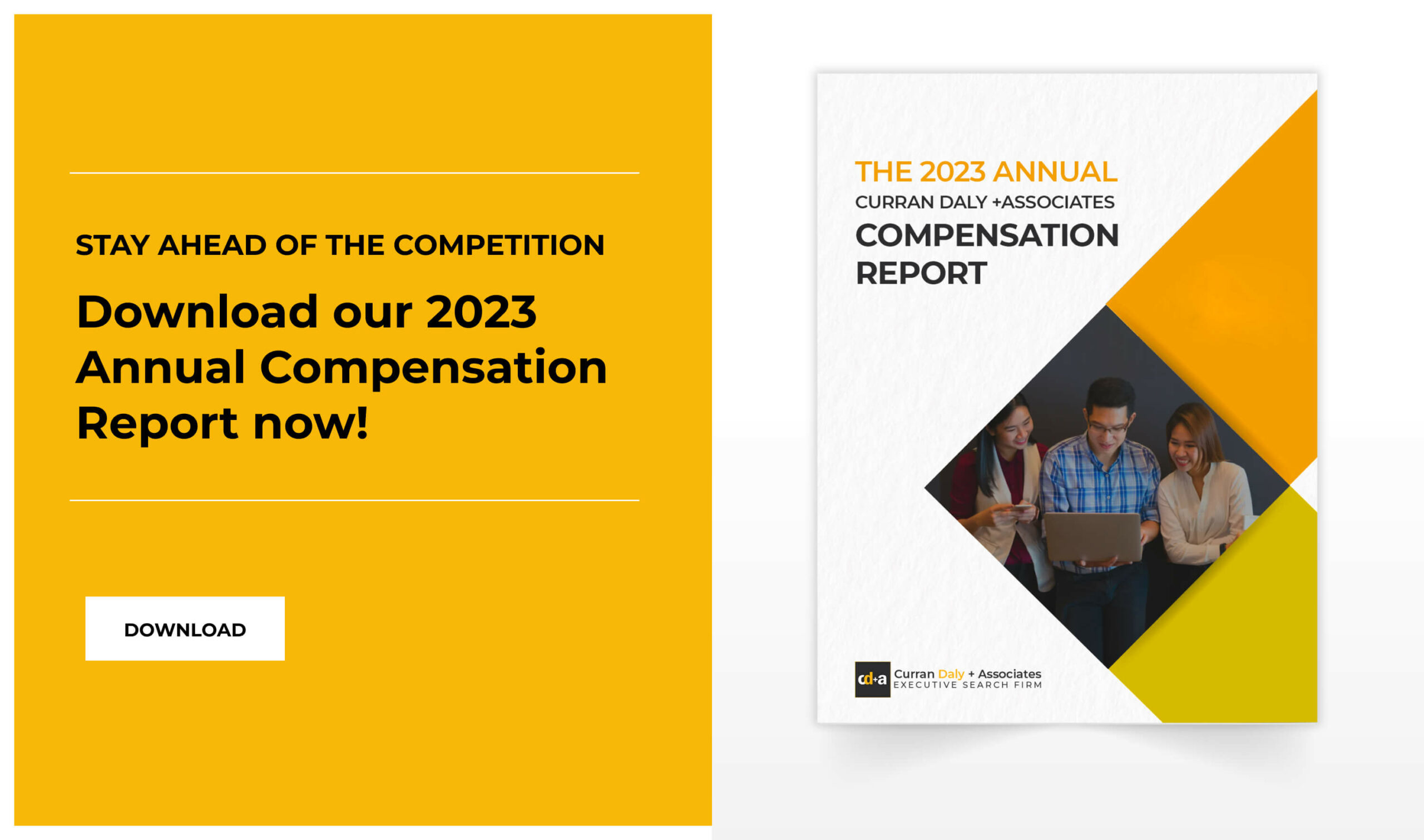In recent years, the Philippines has become one of the leaders of the global business outsourcing industry (BPO), and while American and European companies make up the majority of investors in the industry, Australian ICT demands are making big headways in the Philippines BPO arena (Granada, 2014). In this post, we talk a little bit about the Philippine-Australian connection and how business between these two countries not only exists but flourishes.
Inter-country bonds
Australia and The Philippines have had a long relationship, with formal ties established when Australia’s first Consulate General opening in Manila in 1946. Since then bonds have only strengthened; with people-to-people links, development assistance, trade and investment, defence and law enforcement co-operation.
To strengthen the Australian-Philippine bond; people-to-people links, actions and policies are enacted to develop and increase trade, investment, cultural exchange, tourism and migration between the two countries. For instance, the embassy reports that over 225,000 Filipinos have moved to Australia to work or to permanently live, and they have been documented to make positive contributions to Australian society (flatplanet, 2014).
Economy
Philippine-Australian BPO relationships benefit both countries – organisations that outsource to the Philippines bring more business to the Philippines, helping the economy by generating more jobs, and Australian organisations are able to utilise excellent services matched by substantial savings.
The government has been promoting the BPO sector for years now, through training programs for Filipinos and financial incentives for companies (Yew, 2014). The financial incentives include Special Economic Zones, tax holidays for 6-8 years, import and customs duty waivers, reduced tax after the tax-holiday ends (down to 5%) and more. The government is also making efforts to improve infrastructure. Although the progress has been slow, internet connectivity is improving. The country does well in terms of office spaces, with around 80% of office spaces occupied by BPOs.
Doing business cross-culturally
Australia has just over 200 companies working with The Philippines, across a range of different industries (Mazzini, 2014). But business isn’t always smooth sailing, cultural sensitivity and training needs to be done. A great example is Telstra*. They have a program called ‘Connecting Thru Culture’ dedicated to underscore not only their own company culture, but also allows our employees an understanding of who Australians are; why they are and what they are, highlighting the cultural differences and celebrating them.Telstra also has a program of ‘country to country’ personnel, exchange visits that offer insights into both Filipino and Australian culture.
In 2016, Australia and the Philippines will celebrate seventy years of diplomatic relations. This is an exciting moment in the bilateral relationship, with growth prospects strong and the business environment improving. It’s not just the benefits of cost savings, it’s the wider talent pool of talented, qualified, English speaking, westernised people that makes the Philippines such a great ally and business partner.
What do you think about the Philippine-Australia connection? Share with us in a comment below or on our Facebook page.
*Telstra reference: http://blog.aamctraining.edu.au/2014/04/bpos-cultures-productivity-and-common-issues/










0 Comments